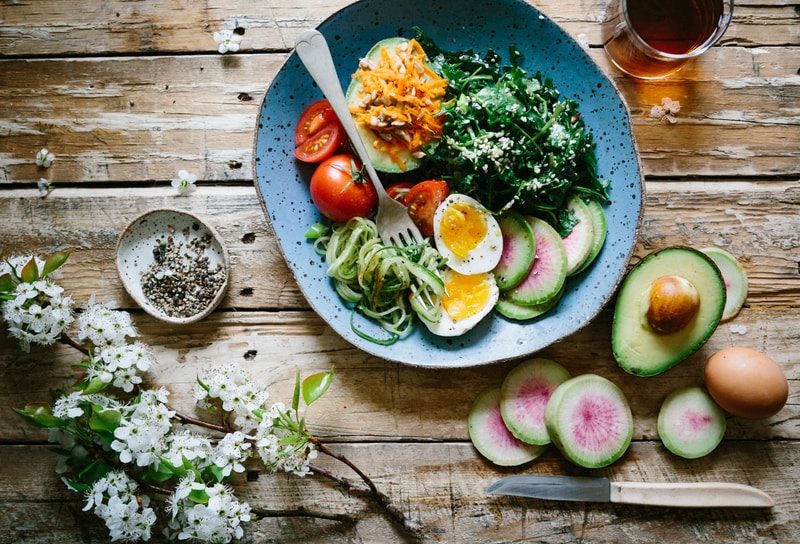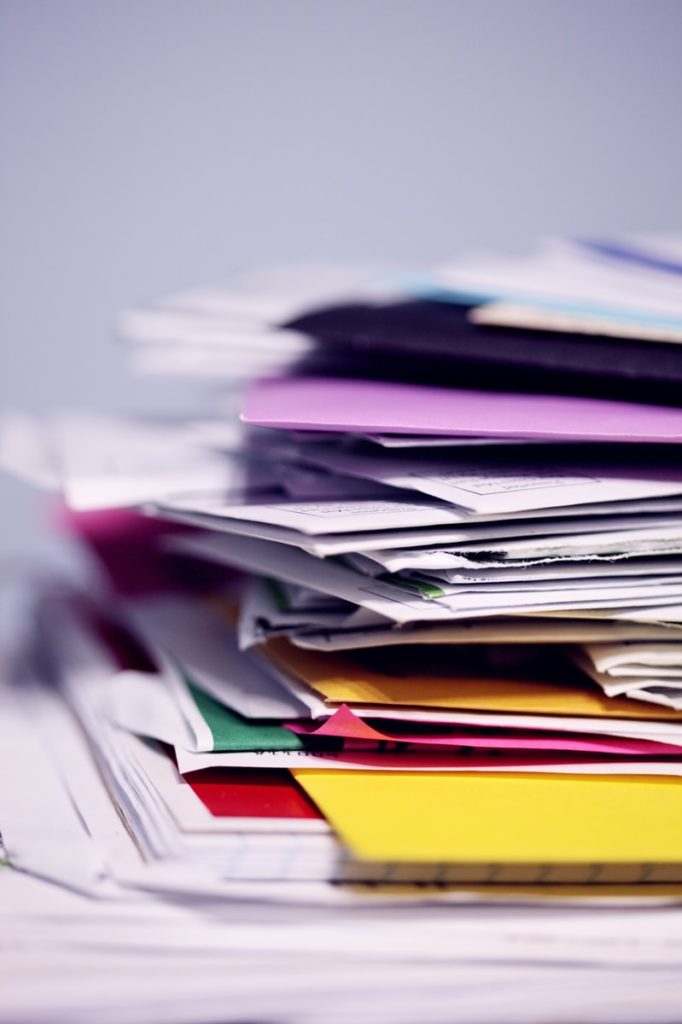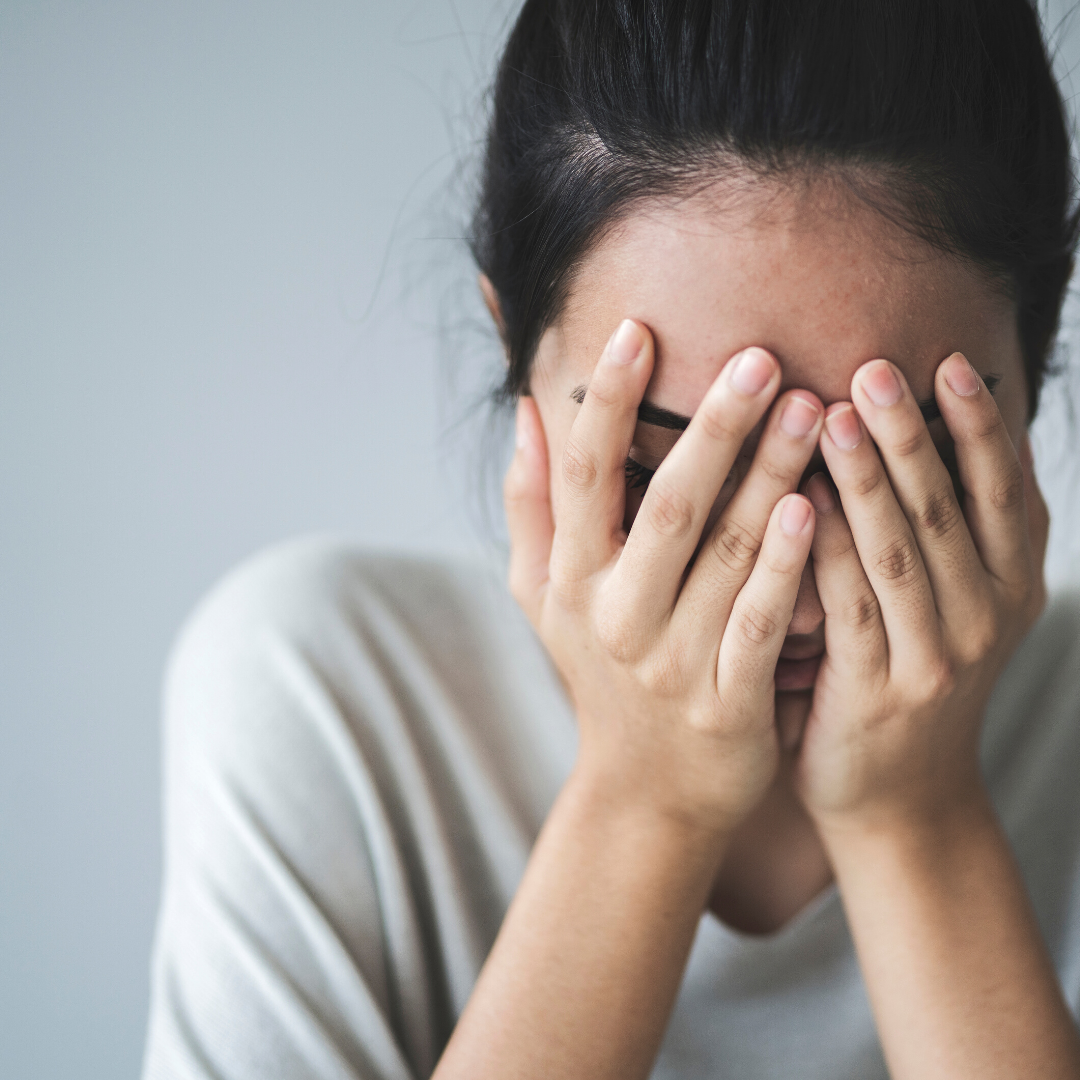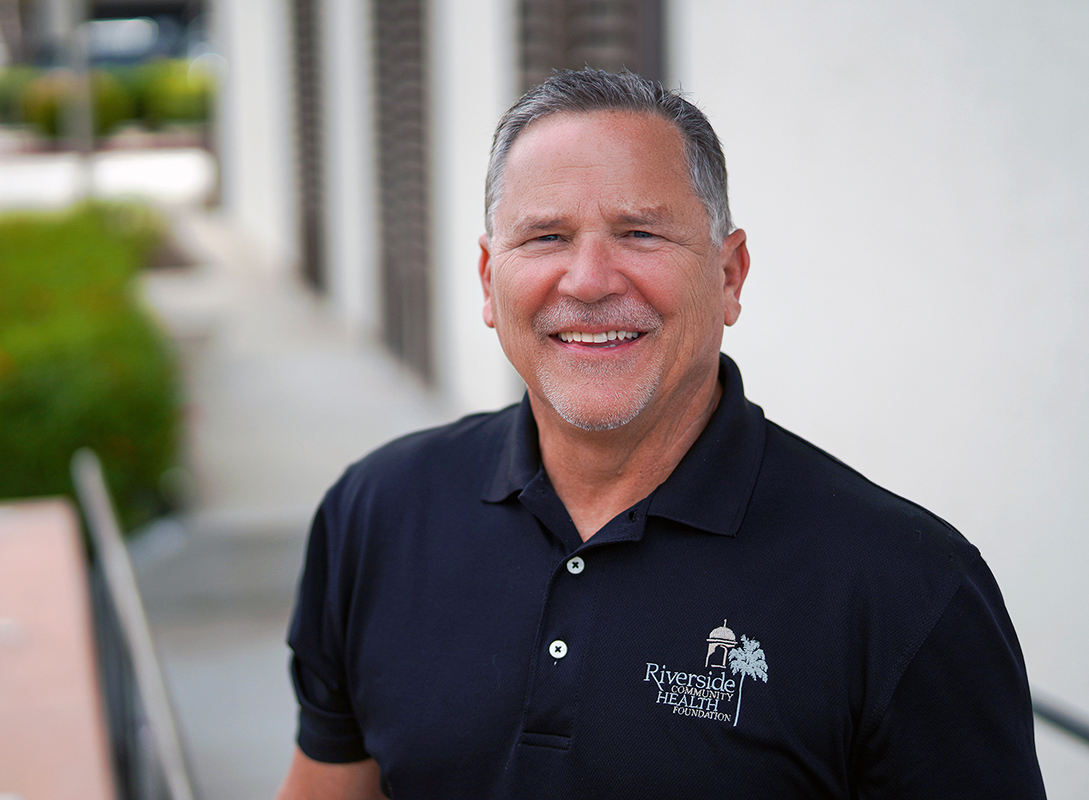Our lives have all been impacted by the coronavirus - from working from home to social distancing.
With the number of confirmed cases growing every single day, it's easy for us to exhibit signs of anxiety. While you shouldn't feel shame for feeling anxious during this time (because let's face it - anxiety is a natural and healthy part of our brain tied to our fight or flight state), it's important that we don't let it consume us.
But if your anxiety is starting to turn into fear, feelings of helplessness or even panic in your day to day life, there may be some ways that you can calm yourself while staying informed.

Acknowledge your anxiety, and don't try to deflect it.
Though it might seem counterintuitive, but being aware of your anxiety may help you better manage it in the future. "Practice tolerating uncertainty," suggests Jeffrey Cohen, Psy.D, a clinical psychologist in the department of psychiatry at Columbia University's Irving Medical Center. "The paradox is that the more we are unwilling to accept anxiety, the more our anxiety increases, so practice allowing anxiety to be present and remind yourself it is ok to feel anxious."
Consider all information, not just statistics.
When you are anxious, it often times becomes easier to pay attention to the negative information. It might be hard at first, but do your research, and try to focus on the things that you can do to help support the situation.
Consider your resources, and don't get caught in the trap of misinformation.
Stay Active.
Practicing self (or even mandatory) quarantine doesn't mean that you can't stay active. Nearly all experts mention that aerobic exercise helps mitigate anxiety. "Focus on things that are within your control - things for your body, mind, and spirit," says Frank Ardito, Ph.D., the vice chair of the National Board for Health and Wellness Coaching and a health sciences professor at the College of Lake County. Staying active can help your mind stay sharp and serves as a positive and healthful distraction from stressful events.
Try to unplug when you can.
There is a difference in doing your research and staying informed, and outright obsessing over it. Living in the world of social media, it's easy for us to get caught up in a wormhole of information, which will only contribute to your anxiety.
Develop a healthy habit of only choosing once or twice a day to keep yourself up to date with the the latest recommendations from the CDC or the WHO, and interweaving well-trusted news.

Maintain healthy eating habits.
An important part of managing stress and anxiety is practicing good nutrition and healthy eating habits. Eating well balanced meals will help you increase your physical, mental and emotional stamina. Remember, stress and anxiety can weaken your immune system, but practicing good nutrition from will help you stay focused, alert, energetic, and healthy.
Keep in touch with friends and family.
We're all on self-quarantine, but that doesn't mean you should completely isolate yourself because isolation helps fuel anxiety. Though you might not be able to speak to them physically, it's important that you maintain relationships.
Try FaceTiming, video conferencing, or just picking up the phone to call. It might feel a little uncomfortable at first, but the face to face conversations can help minimize the isolating effect that social distancing may have on you.

Sources
- Coping with a Disaster or Traumatic Event
- Manage Anxiety & Stress (CDC)
- 6 Healthy Ways to Manage Anxiety
For Families and Children
- Helping Children Cope with Emergencies
- Coping After a Disasterpdf icon – A Ready Wrigley activity book for children age 3-10





